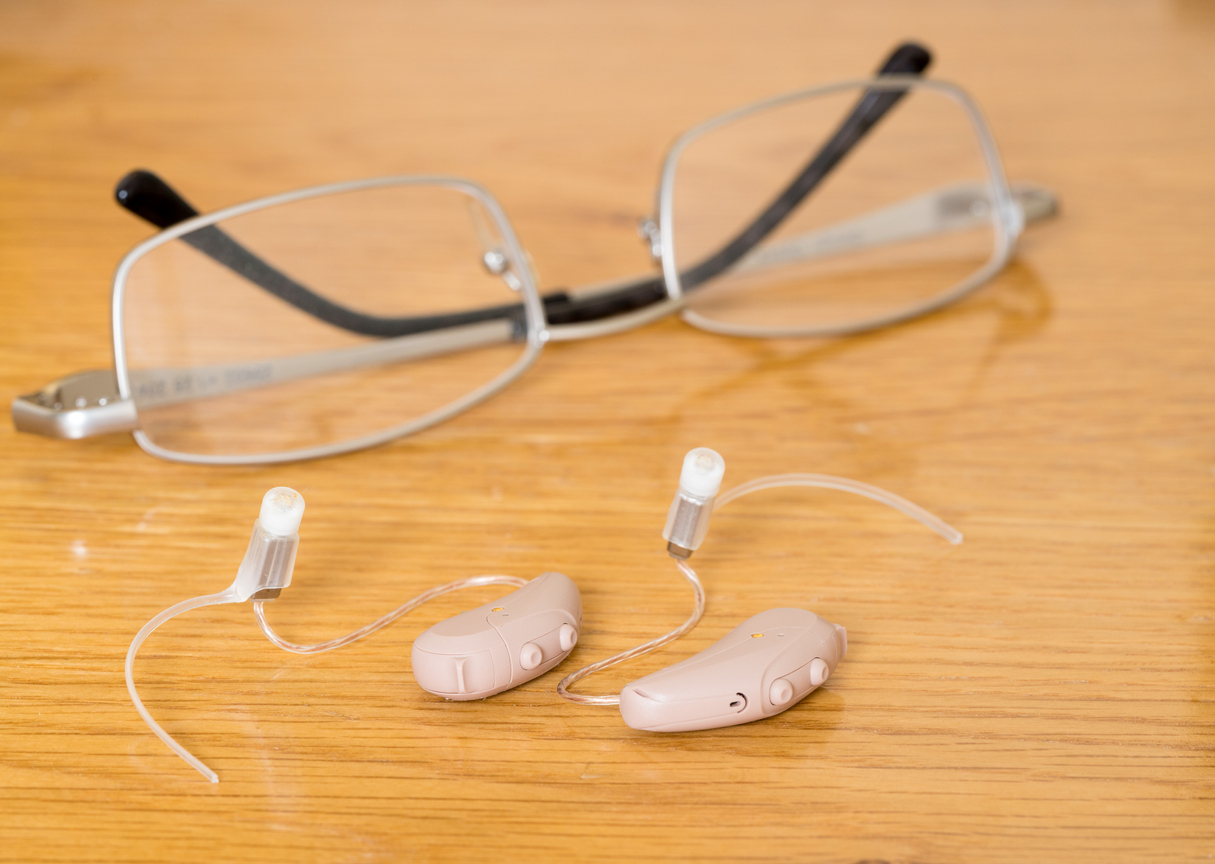Hearing, vision and cognitive study restarts
 There are a number of dementia research studies that are now restarting after some non-COVID studies were paused earlier this year.
There are a number of dementia research studies that are now restarting after some non-COVID studies were paused earlier this year.
One of these is the SENSE-Cog study which looks at the combined impact of age-related hearing, vision and cognitive problems. Around 80% of people with dementia have a hearing or vision problem and if left undiagnosed, this can impact on quality of life and other health and wellbeing issues.
What does it involve?
SENSE-Cog has two ongoing studies:
- one is a 36 week randomised controlled trial to see if an individualised sensory therapy (including home vision and hearing tests) is able to make a significant impact on the quality of life of a person living with dementia and their care partner.
- the second is a validation study of cognitive assessment tools that have been adapted for people with hearing and/or vision impairment.
Remote home assessments
Since the arrival of the pandemic, many of the home assessments have been done remotely via Skype or phone, but face-to-face visits are now resuming with safety precautions taken. The studies are open to people aged 65 or over, with a diagnosis of Alzheimer’s disease or vascular dementia – or a mixture of both – who think they have a problem with their hearing or vision.
For the trial, a volunteer’s hearing, vision and cognition is assessed. In some cases, this is then followed up with home-visits to test their hearing or eyesight, and prescribe brand new hearing aids or new prescription glasses. A sensory therapist also works with them for up to ten sessions, they will make specific recommendations to enhance quality of life, such as specific changes to the home environment, or signposting to relevant services.
Testing the assessment tools
The validation study is important because current cognitive tests do not consider people with hearing or vision impairment, this can lead to false-positive results. For example, if during a cognitive test, a patient is asked to identify a picture, they may be unable to do so due to a vision impairment, rather than a problem with their cognition.
SENSE-Cog is currently taking place in North West England, but further afield there are study sites in Dublin, France, Greece and Cyprus.
What the study leads say
Study Co-ordinator Dr Wai Yeung from the University of Manchester says:
“It is too early to say what the findings will be, but we hope that we’ll see an improvement in quality of life from those who have experienced the home assessments.”
Chief Investigator Professor Iracema Leroi from Trinity College Dublin says:
“Our hope is that this type of intervention, whereby people with dementia can have their sensory-cognitive health properly assessed, corrected and supported, will one day become part of standard care. Moreover, if we refine our diagnostic tools for dementia to take sensory impairment into account, we will be able to assess more accurately, and therefore support, the many people who live with sensory-cognitive comorbidities.”
The trial is recruiting until March 2021, and the validation study until June 2021.
To find out if you are eligible to join this study, as well as other dementia studies, sign in to your Join Dementia Research account or if you’re not already registered, sign up today!
